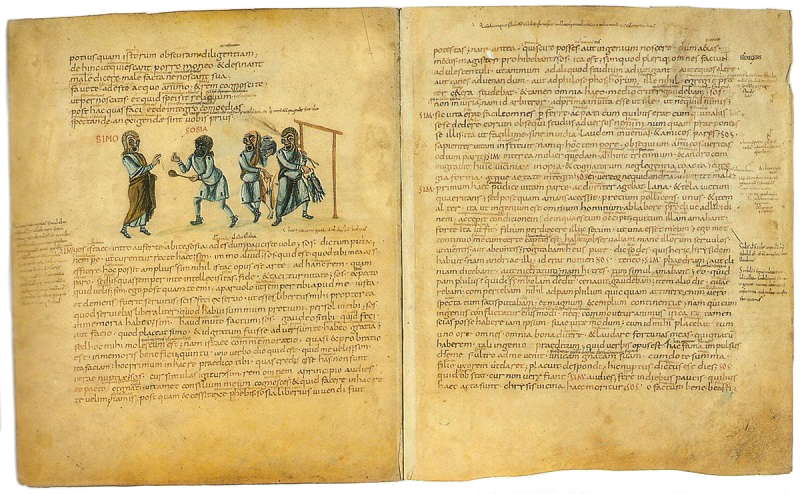| Period |
Books |
Monarchic
8th–6th centuries BC
c. 745–586 BC |
- Earliest portions of Hosea, 8th century.
- Earliest portions of Isaiah 1–39, late 8th century.
- Earliest portions of Amos, late 8th/early 7th centuries.
- Earliest portions of Micah, late 8th century.
- Nahum, 7th century, based on its assumption of the fall of Egyptian Thebes and call for the destruction of Nineveh.
- Zephaniah, reign of Josiah, late 7th century.
- Deuteronomy 5–26 (the law-code forming the core of the book), reign of Josiah, late 7th century.
- First edition of the Deuteronomistic history (the books of Joshua/Judges/Samuel/Kings), reign of Josiah.
- Habakkuk, late 7th century.
|
Exilic
6th century BC
586–539 BC |
- Deuteronomy expanded with addition of chapters 1–4 and 29–30 to serve as an introduction to revised Deuteronomistic history.
- Second edition of Deuteronomistic history (Joshua / Judges / Samuel / Kings + Deuteronomy).
- Core of Obadiah around the fall of Jerusalem, 586 BC.
- First (shorter) edition of Jeremiah.
- Ezekiel, prior to the restoration of Israel to Jerusalem.
- "Second Isaiah" (Isaiah 40–55), around mid-century.
- Expansion and reshaping of Hosea, Amos, Micah and Zephaniah.
|
Post-exilic
Persian
6th–4th centuries BC
538–330 BC |
- Deuteronomy revised with expansions to chapters 19–25 and addition of chapter 27 and 31–34 to serve as conclusion to the Torah.
- Torah (books of Genesis / Exodus / Leviticus / Numbers + revised Deuteronomy), 450–350 BC.
- "Third Isaiah" (Isaiah 56–66)
- Second (longer) edition of Jeremiah.
- Haggai (self-dated to the second year of the Persian king Darius 520 BC).
- Zechariah (chapters 1–8 contemporary with Haggai, chapters 9–14 from the 5th century).
- Malachi (5th century BC, contemporaneous or immediately prior to the missions of Nehemiah and Ezra).
- Chronicles (between 400–250 BC, probably in the period 350–300 BC).
- Origins of Ezra–Nehemiah (may have reached its final form as late as the Ptolemaic period, c. 300–200 BC).
|
Post-exilic
Hellenistic
4th–2nd centuries BC
330–164 BC |
- Book of Esther, c.4th century BC
- Job.
- Ecclesiastes.
- Song of Songs.
- Book of Jonah (Persian or Hellenistic, no later than 2nd century BC).
- Book of Psalms (the final anthology – individual psalms span many centuries).
|
Maccabean/Hasmonean/Roman
2nd century BC – 1st century AD
164 BC |
|
